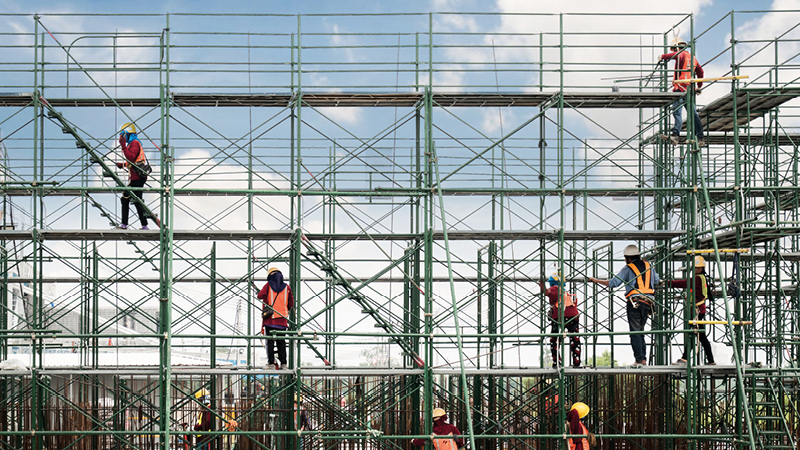A risk-led approach to ESG for practical, sustained improvement
Control Risks takes a risk-led approach to advising companies, investors and asset managers on environmental, social and governance issues globally. Our global network spans six continents, giving us an on-the-ground footprint of experienced, subject matter experts.
Our team add value by helping you identify your ESG risks and understand their root causes. We provide actionable advice to support you in making informed business and investment decisions, improve your performance on ESG and reduce risk.
We apply our experience to focus on the most critical actions and issues
- Build the capabilities and effective systems you need. Create a strategy to respond to changing regulatory obligations, meet your voluntary objectives and capture impact opportunities. Implement the strategy with the systems, processes, policies, tools and skills you need to make the change happen.
- Assess your ESG risks and opportunities in investment and M&A. Identify red flags, assess their impact on deal value and on your sustainability goals, build and implement remedial and value creation roadmaps.
- Stay ahead of dynamic risks by monitoring changes to your exposure and the risk factors and dynamics in your operating environment.
- Monitor the improvements you are making to ensure that your systems are well-implemented and achieving your objectives.
Develop a practical, focused approach
Our people have decades of specialist experience in the field of ESG risk management. They’ll develop pragmatic answers, building strength and capabilities where you need them most and where they will have the biggest impact. And they’ll make change happen on the ground - assessing and adapting to skills, culture and regulation wherever you operate in the world.
Our specialisms
- ESG risk management programme build
- ESG due diligence
- Supply chain due diligence
- Risk and impact assessment
- Stakeholder mapping
- ESG country risk ratings




